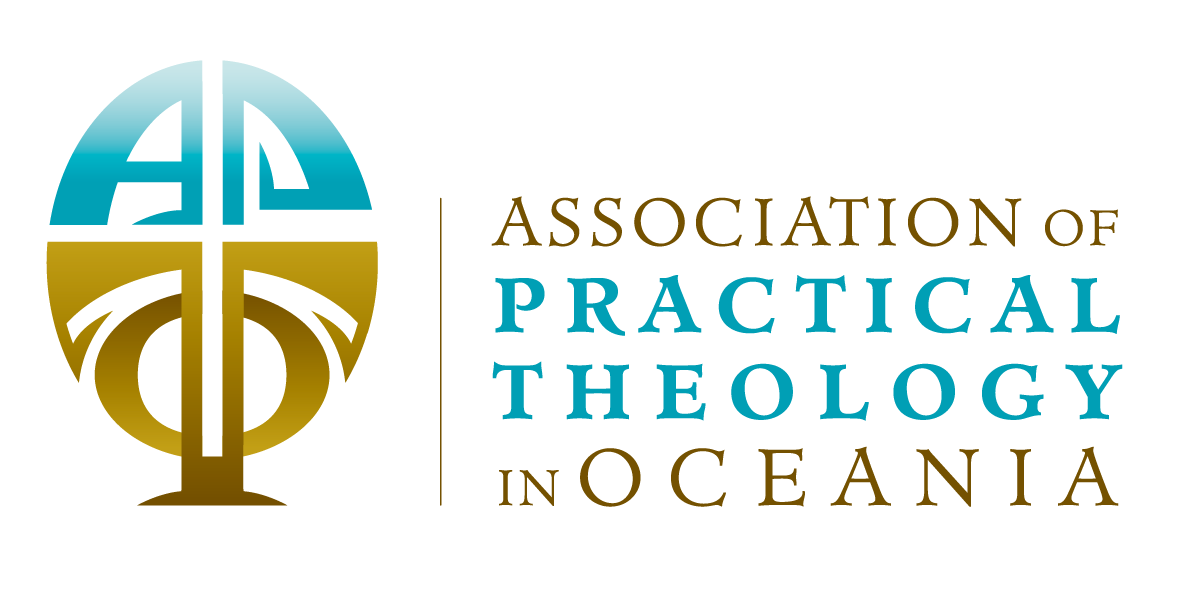

Discussion Time:
This paper argue that the insights gathered from the near-death-experiencers of their encounter with God and the afterlife offer immensely valuable resources for the pastoral care and healing of the dying and their loved ones. These resources are also of great value for the pastoral intervention and counselling of those who fear death and suffer thanatophobia, the phobia of dying. The insights of encounters with God and the afterlife presented in this paper have been collected first-hand from 657 near-death experiencers by me since my own NDE (Near Death Experience) in 1986.
The revelatory experience or in common parlance, the experience of “hearing God’s voice,” has been identified as a defining aspect of Pentecostal spirituality. While most Christian traditions maintain a belief in a personal and communicative deity, the Pentecostal expression of revelatory experience is distinctive for its expectation of contemporary encounters that are phenomenologically consistent equivalent to the biblical characters. God’s voice is “heard” via direct unmediated Spirit experiences such as dreams, visions and auditions. Pentecostal Christians value revelatory experiences for their ability to “strengthen, encourage and comfort” the church as they did in New Testament times (1 Cor 14:3,4). However, the function of revelatory experiences in contemporary Pentecostal practice has been questioned. At the same time, the renewed emphasis on the concept of missio Dei (the mission of God) in missiology has served to reorient the focus of the Church to the activity of the Spirit. This shift has highlighted the role of the Spirit in contemporary missiology and given rise to the call for Pentecostal voices in the conversation. To that end, this article seeks to bring the findings of my Australian PhD study in three Pentecostal churches on the role of revelatory experience among Pentecostals into dialogue with the work of missiologists. The paper employs Mark Cartledge’s dialectic model and his use of testimonies, Jeff Astley’s concept of “ordinary theology” and David Martin’s work on “rescripting” to reflect on the role of the Holy Spirit in ministry, mission and healing. Missional theology provides a theological framework by which the function of revelatory experience can be understood and responded to in the church setting. It shows that the outcomes of Pentecostal revelatory experience are consistent with the mission of the triune God, demonstrated through the ministry of Jesus and via the revelatory work of the Spirit in the church today.
This presentation will propose how a Biblically grounded understanding of spiritual health might be conceived in the context of contemporary understandings of health and health practices. It will do this in the following six steps: 1. Comment on problems in modern medicine’s attempts to define health that arise from its jettisoning of the relevance of spirituality to health; 2. Show that spirituality is and has always been an essential component of health; 3. Comment on observed benefits of spiritual care in medical and psychological practice; 4. Note the emerging recognition of the spiritual dimension of health; 5. Examine general multifaith concepts and definitions of spiritual health; and 6. Suggest how Biblically grounded attributes of spiritual health that relate to these concepts might be related to and derived from the a) Beatitudes, b) Fruit of the Spirit, and c) New Covenant internalisation of the laws of God. Personal contact: peter.carblis@freshhope.org.au